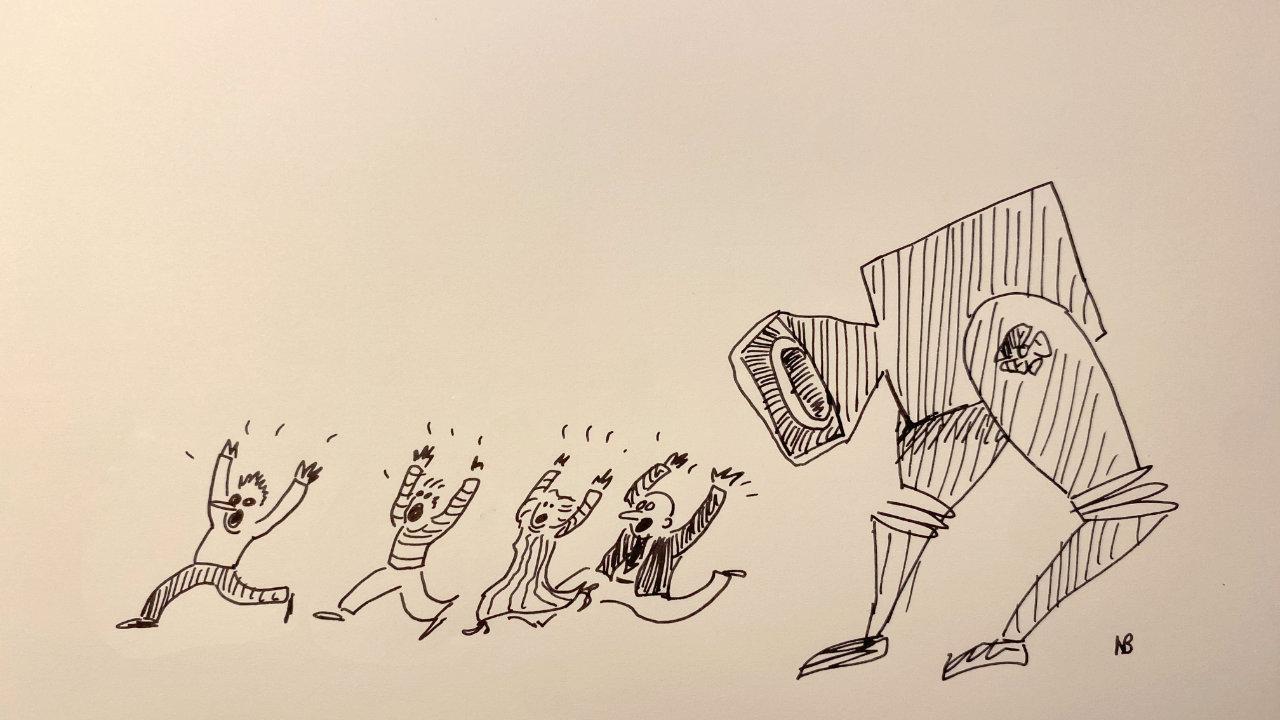Because most people do it very badly.

When a company needs a video, it usually goes like this:
- A poor soul, with no particular knowledge in the field, is put in charge of the project ("But yes! You made the Christmas video with the tree! It was great!")
- To prove that progress is being made, this new manager makes decisions alone or in consultation that will quickly become irreversible: format, duration, sequences...
- Service providers are then contacted. For them, these arbitrary decisions are now input data. To prove their worth, they compete... on prices.
I'm caricaturing. But we're not far off.
The flaws of this approach: the most experienced people take no part in the most important decisions on the subject they know best. And the final choice of service provider is made on the anecdotal (price), not on the essential: the value the film will bring.
(Not to mention the unnecessary stress of the person who has to decide without knowing, knowing that everyone will see the result...)
Ideally, it would go more like this:
- At the first need for what looks like video content, a minimal brief is assembled. It answers basic questions – and that's it:
- Why do you need a film?
- What problem should it solve?
- What is the budget envelope?
- This information is communicated to several service providers who can then compete on ideas, not on prices. A short phone conversation will be enough to see who you feel aligned with and which ideas make you go "Ding!"
- Go back to your real work instead of pretending to be Spielberg.
Don't forget: making a film is an artistic endeavor. Your company will benefit enormously from letting the service provider express themselves. However, it's up to you to ensure alignment of what they propose with your brand.
💡 And if it's a significant investment and you're not sure about the message or the brief? Call me and I'll take care of this step. Yes: only the brief. This is a new service I offer and you'll have peace of mind.